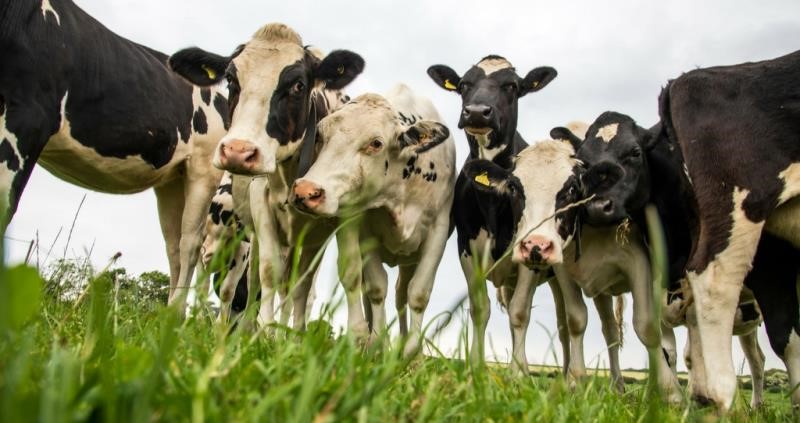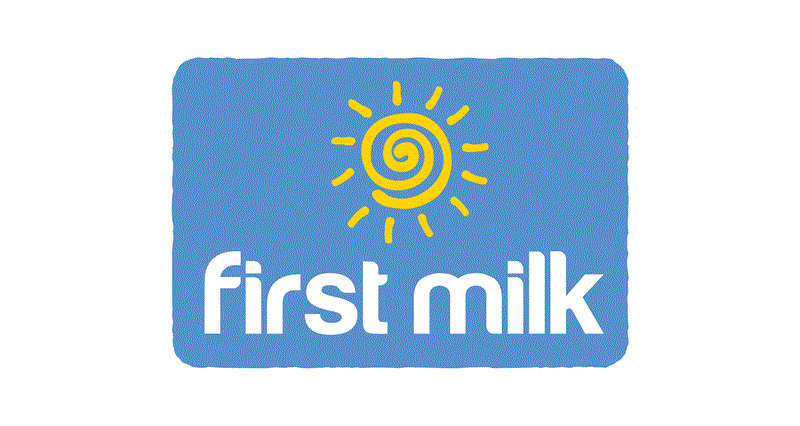The changes will see the roll out of regenerative action plans for all First Milk members’ farms, as well as a commitment to soil carbon sequestration and the decarbonisation of milk transport and processing activities.
The processor believes the plans will drive them towards a target of net zero carbon emissions by 2040.
The key changes being announced include:
- A commitment to net zero carbon emissions by 2040 at the latest, with a target to reduce carbon footprint at farm level by 50% by 2030 and achieve net zero in milk transport and processing by 2035.
- A target to sequester 100,000 tonnes of CO2 per annum on members’ farms by 2025.
- A target to increase milk from forage by 10 per cent by 2025 to reduce members’ reliance on imported feeds.
- The aim for all transport and processing activity to be using renewable fuel sources by 2030.
- The intention to reduce antibiotic use by a further 10 per cent by 2025.
NFU Cymru dairy board chair Abi Reader said:
“Welsh and British dairy farming has a key role to play in fighting our greatest challenge, climate change, and I welcome this commitment by First Milk.
“The industry has an ambition to reduce emissions and be net zero by 2040 and I look forward in dairy producers and processors working closely together to achieve this goal, while maintaining, if not increasing, the production of climate-friendly dairy products.”
Shelagh Hancock, First Milk Chief Executive, said: “In 2019 we launched our First4Milk programme, which set out a range of commitments to ensure we protect and enhance the global environment we all share. When it comes to climate change, our existing targets around carbon emissions were already stretching.
“But we know we need to go further, faster. Dairy farming and food manufacturing are seen as carbon-intensive activities and we know that this is coming under increasing scrutiny across the food chain, with particular focus on upstream ‘Scope 3’ emissions. These commitments set out the shape of our journey towards net zero, with the ambition of becoming a zero-carbon business as soon as we can or at the latest by 2040. By leading in this area, we will directly benefit our customers, supporting them in de-carbonising their agri-food supply chains.”

Mark Brooking, Sustainability Director, First Milk, added: “As a co-operative business we exist to deliver long-term security and prosperity for our dairy farmer owners. We truly believe that the only way this can be delivered is if we work together to address the sustainability challenges we face.
“Our creamery operations teams are already focused on how they can decarbonise our processing activity, and we are making good progress in this area, but will now accelerate these plans as we focus on achieving net zero as quickly as we can.”
Robert Craig, Farmer Director and Vice-Chairman, added: "We're well aware that the majority of our members are practicing regenerative farming principles and always have done. It’s essential as dairy farmers that we take control of the narrative and tell our own story to our consumers with integrity. Through highlighting the very best practice from our membership, we strongly believe we can drive further change and have a unique leadership position in the industry, which will enable us to forge even stronger relationships with our partners and future customers."
